-
QUALIFICATIONS
- For Linguists Worldwide
- For UK Public Services
- Preparation
- Policies & Regulation
-
MEMBERSHIP
- Join CIOL
- Professional Membership
- Affiliate Membership
- Chartered Linguist
- Already a member?
- Professional conduct
- Business & Corporate Partners
-
LANGUAGE ASSESSMENTS
- English
- All Other Languages
-
EVENTS & CPD
- Webinars & Events
- CIOL Conferences
- Networks
- CIOL Mentoring
-
NEWS & VOICES
- News & Voices
- CIOL eNews
- CIOL Awards
- The Linguist Magazine
- Jobs & Ads
-
RESOURCES
- For Translators & Interpreters
- For Universities & Students
- Standards & Norms
- CIOL & AI
- All Party Parliamentary Group
- In the UK
- UK Public Services
- Find-a-Linguist
NEWS & VOICES
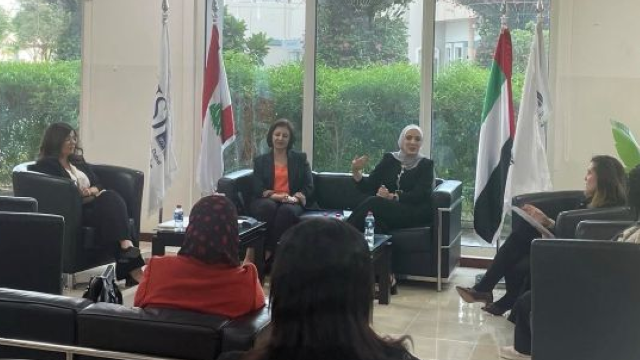
This year CIOL celebrated International Translation Day 2025 with APEX Group International in an innovative hybrid/face-to-face and online collaboration with Saint Joseph University Dubai and ProZ.com.
By Nancy Tahir of CIOL Corporate Partner APEX Group
This year’s International Translation Day conference turned Saint Joseph University...
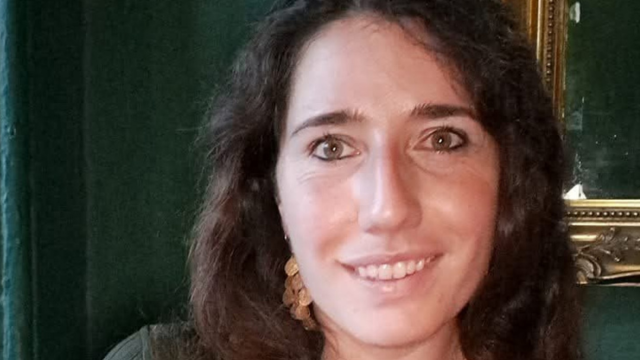
By Emily Boaler
A monolingual mindset
Promoting languages in UK society where the native language spoken is the world’s lingua franca has never been easy…
One might ask: ‘What is The Cause?’ I didn't know myself until one of my University lecturers said to me: ‘Emily, it's great what you're doing for The Cause’. Despite me not coming across the...

Can impactful human-to-human communications be outsourced successfully to AI, asks Michael Schubert, CT
Embracing tech
I’m a technophile. In my very human career field of translation and copywriting, I embrace technology wholeheartedly. I also advocate for it when I teach and mentor others. I think tech skills are just as critical as language skills for a...
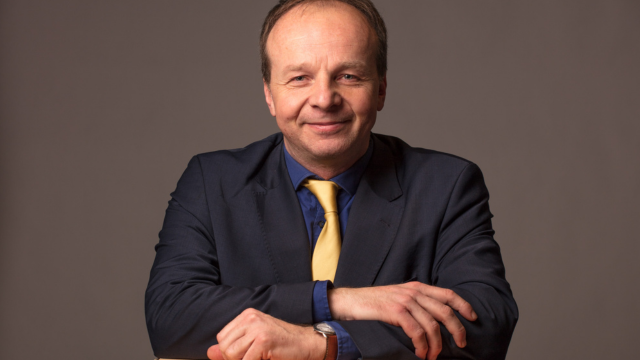
By Julian Hale
Languages have opened many cultural, professional and ‘romantic/friendship’ doors for me over the years.
Learning Latin, French, German, Italian and Spanish has enabled me to become a kind of ‘factotum’, working as a professional interpreter, including for Nigel Short, who challenged Garry Kasparov in the World Chess Championships and...
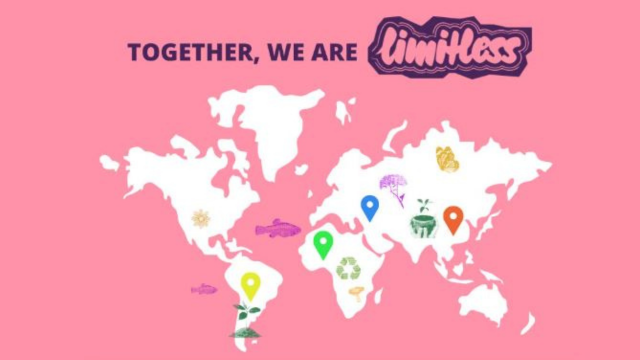
Zoe Moores, David Orrego-Carmona, Pia Ghosh, Tom Bartindale, Delvin Varghese and Margherita Angelucci:
The Action Translate Team, based at the Universities of Warwick, Northumbria and Monash
What is Action Translate?
Action Translate is an all-in-one team, initiative and crowdsourcing platform that supports volunteer translation initiatives....

My journey and learning method
by Giulia Bonanzinga
Learning a new language as an adult is both exciting and daunting. On one hand, there is the dream of opening doors to travel, study or career opportunities. On the other, daily life is already full, and the thought of adding hours of grammar drills or endless vocabulary lists can feel...

By Cat Burns
It is no secret that the role of translators is evolving, and quickly. Linguists have always needed to be agile and adaptable, but in a world increasingly influenced by machine translation and artificial intelligence, apprehension about the impacts of automation on the profession has grown. As a vendor manager at an LSP, I’ve witnessed this ...

The results, along with some detailed and very thoughtful comments, provide a candid snapshot of our community's relationship with digital...
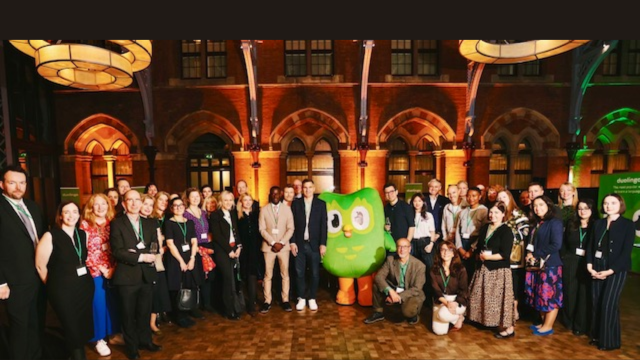
By John Worne CIOL CEO
I attended a really upbeat event with Duolingo last week focusing on what we can do to promote language learning in the UK.
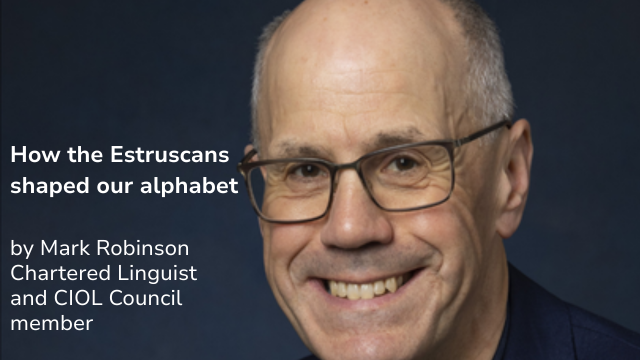
By Mark Robinson
On a recent visit to Volterra in Tuscany, I took time to explore the Museo Etrusco Guarnacci, one of Italy’s oldest museums and a treasure house of Etruscan artefacts. Among the urns, sculptures, and delicate jewellery, one fact stood out: the Etruscan alphabet - adapted from the Greeks - was the very script that later formed the basis...
The Chartered Institute of Linguists (CIOL), Incorporated by Royal Charter, Registered in England and Wales Number RC 000808 and the IoL Educational Trust (IoLET), trading as CIOL Qualifications, Company limited by Guarantee, Registered in England and Wales Number 04297497 and Registered Charity Number 1090263. CIOL is a not-for-profit organisation.
